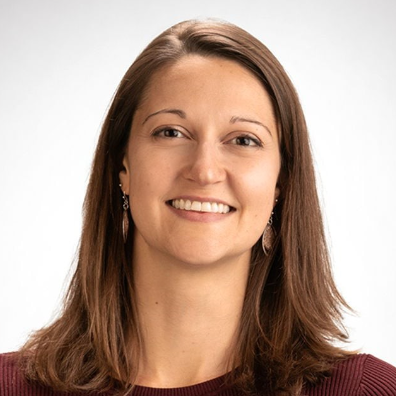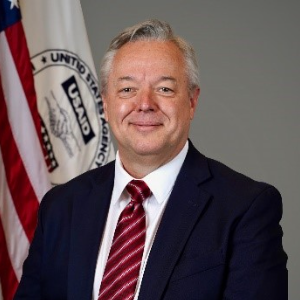Mason Hall Auditorium, Homewood Campus
Climate, hunger, and nutrition threaten the long-term viability of our food systems. Are alternative proteins that are plant-based or created in a lab the best solution to these issues?
This debate is presented in partnership with the Johns Hopkins Science Policy and Diplomacy Group and the Johns Hopkins Alternative Protein Project.
About our Speakers:
 Liz Specht is the Vice President of Science & Technology at The Good Food Institute, where she works to identify and forecast areas of technological need within the alternative protein field. Her efforts also catalyze research to address these needs while supporting researchers in academia and industry to move the field forward. Liz has a bachelor’s degree in chemical and biomolecular engineering from Johns Hopkins University, a doctorate in biological sciences from the University of California San Diego, and postdoctoral research experience from the University of Colorado Boulder. Prior to joining GFI in 2016, Liz had accumulated a decade of academic research experience in synthetic biology, recombinant protein expression, and development of genetic tools. She is a firm believer in the power of technology to enable us to meet growing food demands in a sustainable way.
Liz Specht is the Vice President of Science & Technology at The Good Food Institute, where she works to identify and forecast areas of technological need within the alternative protein field. Her efforts also catalyze research to address these needs while supporting researchers in academia and industry to move the field forward. Liz has a bachelor’s degree in chemical and biomolecular engineering from Johns Hopkins University, a doctorate in biological sciences from the University of California San Diego, and postdoctoral research experience from the University of Colorado Boulder. Prior to joining GFI in 2016, Liz had accumulated a decade of academic research experience in synthetic biology, recombinant protein expression, and development of genetic tools. She is a firm believer in the power of technology to enable us to meet growing food demands in a sustainable way.

Philip Howard is a member of International Panel of Experts on Sustainable Food Systems and a professor at Michigan State University where he teaches undergraduate and graduate courses in Community, Food and Agriculture, and a graduate course in The Political Ecology of Food. His research focuses on the “food system.” The food system involves all of the steps required to produce food and get it to our plates–from farming and processing to distribution and consumption. His work is unified by three main questions, (1) what changes are occurring? (2) what are the impacts of these changes on communities? (3) what can communities do to respond positively to these changes? These questions drive two main projects, (1) characterizing consolidation in food and beverage industries, and (2) bridging information gaps between producers and consumers through ecolabels.
 Mike Michener currently serves as the Senior Advisor to the President and CEO of the Inter-American Foundation. Prior to this role he served as the Deputy Assistant Administrator in the Bureau for Resilience and Food Security, where he oversees the strategic direction and implementation of USAID’s work on agriculture-led growth and the bureau’s efforts to engage and build partnerships with the private sector and research community in support of the U.S. Government’s Feed the Future initiative. Originally from Iowa, Mr. Michener has a master’s degree in public administration from Bowie State University. Mr. Michener earned a bachelor’s degree in East European studies from the University of Maryland by taking night school classes while serving on active duty in Munich, Germany. He speaks fluent Romanian and several other languages.
Mike Michener currently serves as the Senior Advisor to the President and CEO of the Inter-American Foundation. Prior to this role he served as the Deputy Assistant Administrator in the Bureau for Resilience and Food Security, where he oversees the strategic direction and implementation of USAID’s work on agriculture-led growth and the bureau’s efforts to engage and build partnerships with the private sector and research community in support of the U.S. Government’s Feed the Future initiative. Originally from Iowa, Mr. Michener has a master’s degree in public administration from Bowie State University. Mr. Michener earned a bachelor’s degree in East European studies from the University of Maryland by taking night school classes while serving on active duty in Munich, Germany. He speaks fluent Romanian and several other languages.
